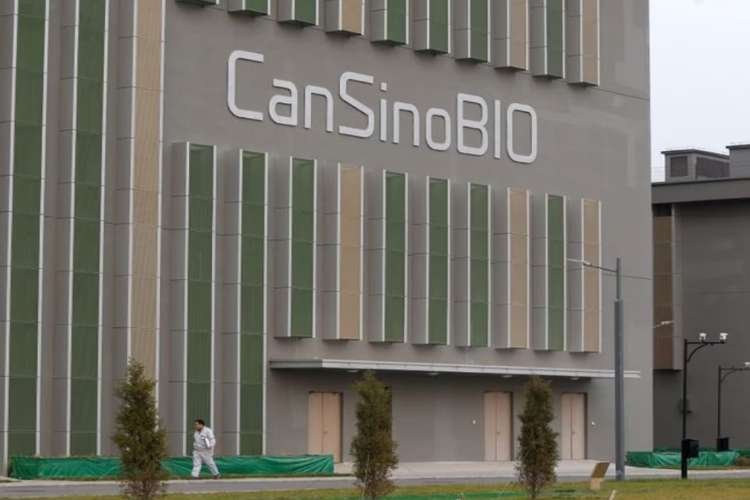CanSino’s recent collaboration with AstraZeneca in mRNA manufacturing is just the beginning of their ambitions in this field, according to the company’s CEO, Xuefeng Yu. CanSino entered the mRNA arena in 2018 and has since established a production facility in Shanghai capable of manufacturing up to 200 million vaccine doses annually.
The mRNA partnership with AstraZeneca, announced earlier this month, is seen as a pivotal move by CanSino. Yu views this collaboration as a “business model” for the company, emphasizing that it represents merely the initial phase of their broader aspirations.
In early August, CanSino and AstraZeneca entered into a long-term mRNA manufacturing agreement, spanning at least a decade. Within this agreement, CanSino will leverage its mRNA manufacturing platform to support AstraZeneca’s research and development efforts for specific vaccines, although financial details of the deal remain undisclosed. Yu now reveals that in addition to ongoing discussions with multinational pharmaceutical companies like AstraZeneca, CanSino is actively engaged in conversations with potential partners in countries including Malaysia, Indonesia, Mexico, and Argentina. The company is open to assisting “any market that may need our technology and product.”
CanSino’s single-dose COVID-19 vaccine has received approval in ten countries, including Argentina, China, Mexico, and Hungary. Furthermore, the World Health Organization (WHO) has endorsed this vaccine.
Like many companies involved in pandemic-related endeavors, CanSino experienced a decline in COVID-19 vaccine revenues over the past year. However, Yu expressed confidence that significant write-downs related to unsold vaccine doses are not expected in the near future. In 2022, CanSino’s COVID-19 vaccine generated sales of 878 million Chinese yuan (equivalent to $122 million), a decrease of 80% compared to 2021.
CanSino is exploring additional applications for its Tianjin-based manufacturing facility in China, originally dedicated to COVID-19 vaccine production. Yu noted that this facility shares platform technology with other vaccines, making it easily adaptable for the production of vaccines targeting different diseases.
CanSino initially ventured into mRNA technology during the early stages of the pandemic. In May 2020, the company entered into a partnership with Precision NanoSystems to develop an mRNA lipid nanoparticle vaccine. In January, CanSino reported promising early data for its mRNA candidate, known as CS-2034, which demonstrated its ability to induce neutralizing antibodies more effectively than inactivated vaccines against both the original coronavirus strain and an omicron variant.
While the company had initially focused on mRNA COVID-19 vaccines, it has since halted its clinical trials in this area and is now exploring the application of mRNA technology for other diseases, demonstrating its commitment to advancing the field beyond the pandemic.





























